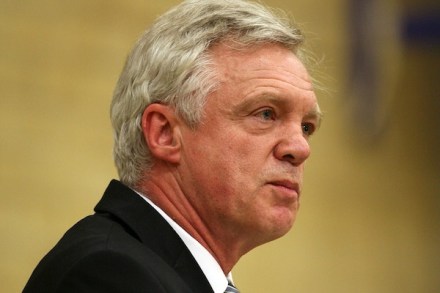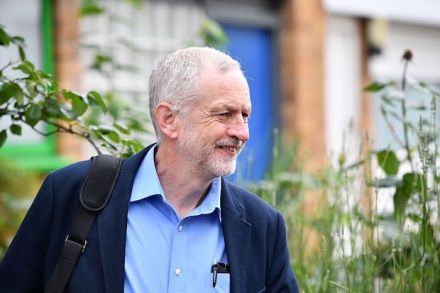David Davis, parliamentary poacher turned executive gamekeeper
David Davis batted away demands for parliament to be given a vote on the timing of Article 50 or the government’s negotiating stance. Whenever his opponents—who included Ed Miliband and Nick Clegg—brought up how Davis himself had previously said there should be a white paper on the government’s negotiating stance, Davis side-stepped the issue. He also claimed that his views on how the executive should be accountable to parliament hadn’t changed, but that there was a difference between scrutiny and micro-managing. What the government wanted out of the Brexit talks, said Davis, was control of the UK’s borders and laws, co-operation on justice and security matters that is at least





















